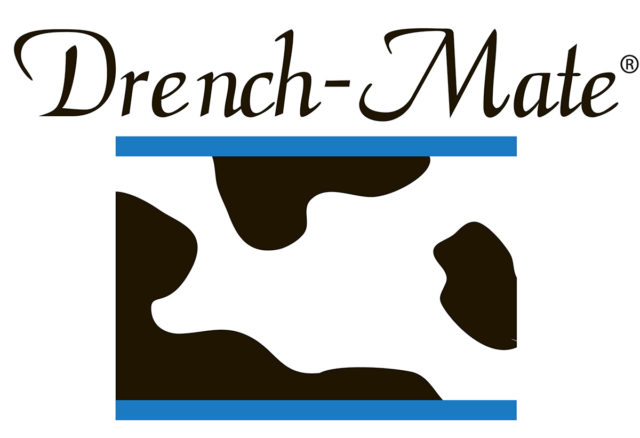Picture this. You’ve decided to take a quick mental break from your work day by logging on to Facebook. You’re minding your own business, just scrolling through your news feed, when – BAM – it hits you. Your second cousin from the big city has posted the latest anti-animal agriculture video to hit YouTube, courtesy of an animal rights group.
Suddenly your favorite social media time waster doesn’t seem so relaxing after all.
What do you do? Ignore the video… or speak up? Sometimes navigating the uncharted waters of social media can be tricky.
First, accept that you probably won’t be able to change the hearts or minds of those who have already signed on with the extreme animal rights ideology. But that’s okay – they shouldn’t be your focus anyway.
An analysis of consumer attitudes towards food production highlighted in this important paper shows that most people – nearly 99 percent – support the work of modern agriculture and consumer choice. These are the folks, the middle ground, that you should be talking to.
Check out the DOs and DON'Ts below. Story continues below chart.

Much like eating a Reese’s Peanut Butter Cup, there’s no wrong way to speak up for agriculture using social media, granted that your response is honest and polite.
If you don’t know the answer to a question, pass it along to someone else in your online agriculture community. (Looking to broaden your community online? Click here to see Proud to Dairy's list of "Dairy Blogs we Love." )
Sometimes, we may feel discouraged from commenting on a hot button issue such as animal welfare because we are afraid of saying the wrong thing. Social media tools like Facebook are changing the way that we can share and learn, and the prospect of defending one’s way of life to an audience of near strangers can be daunting. That’s completely understandable.
But if it is a topic that you are passionate about, or if a particular post strikes a nerve, it’s important that you confidently share your opinion.
Don’t feel like you need to have an encyclopedic knowledge of a subject to enter into a discussion, but do make sure your input is fair and balanced. It’s even better if you can add a personal angle – i.e. “I can’t speak for all dairies, but here is how we ensure our cows are comfortable on my farm…”
Want to really turn the tables? Use social media to agriculture’s advantage by posting videos of your own operation or fun, fact-filled YouTube clips such as this one from Merck Animal Health that shows how American dairy farmers care.
Ultimately, it’s important that each of us who are involved in agriculture take these small opportunities to defend our way of life and build common ground between food producers and food consumers. Speak up now or rest assured that the “other side” will do the talking for you.
And would you rather a well-meaning bystander turn to Google to fact check an activist's video claims, or turn to a farmer?
And as funny as it may sound, don’t forget to say "thanks" to whoever posted that controversial video in the first place for giving you the opportunity to share your views on an industry that you are passionate about…. even if you do have to (politely) agree to disagree, when it is all said and done. PD

Sarah Hubbart
Communications Director
Animal Agriculture Alliance
shubbart@animalagalliance.org
(703) 562-1413




